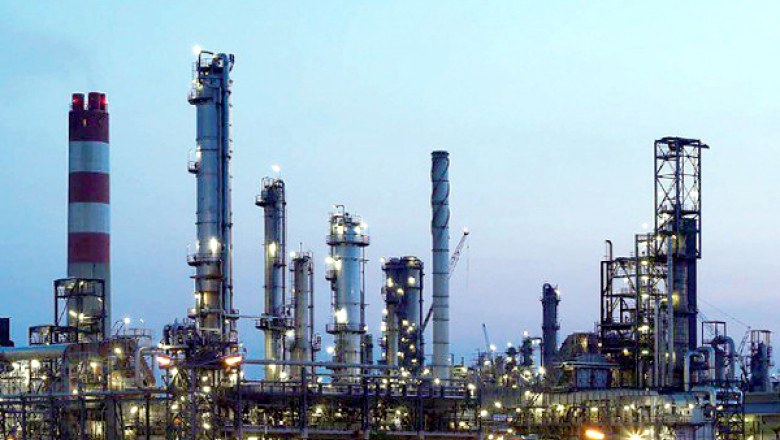Pakistan Petroleum Division: Fueling the Nation’s Energy Needs

The Ministry of Energy houses the Petroleum Division, a critical arm responsible for managing Pakistan’s oil and gas resources. The division plays a pivotal role in ensuring energy security, fostering exploration and production, and promoting efficient utilization of hydrocarbon resources to support economic growth and industrial development.
Overview
The Petroleum Division is committed to optimizing Pakistan’s indigenous oil and gas reserves while maintaining a sustainable balance between exploration, production, and consumption. Its vision includes reducing dependence on imported fuels and transitioning towards cleaner and more sustainable energy solutions.
Core Functions of the Petroleum Division
Policy Formulation
- Developing policies for exploration, refining, and distribution of petroleum resources.
- Aligning strategies with global energy trends and sustainability goals.
Exploration and Production
- Encouraging domestic and foreign investments in oil and gas exploration.
- Facilitating seismic surveys and drilling activities in resource-rich regions.
Refining and Distribution
- Enhancing the capacity of oil refineries to meet domestic demand.
- Ensuring a steady supply chain of petroleum products across the country.
Regulatory Oversight
- Monitoring compliance with safety, environmental, and quality standards in the petroleum sector.
- Overseeing operations of entities like the Oil and Gas Regulatory Authority (OGRA).
Key Initiatives of the Petroleum Division
Indigenous Resource Development
- Expanding exploration activities in untapped basins to reduce dependency on imports.
- Incentivizing private sector participation in upstream and downstream operations.
Pakistan Gas Infrastructure Projects
- Developing pipelines like the TAPI (Turkmenistan-Afghanistan-Pakistan-India) and North-South Gas Pipeline for enhanced regional connectivity.
- Expanding the national gas distribution network to rural and underserved areas.
Refinery Modernization
- Upgrading existing refineries with state-of-the-art technologies to produce Euro-V compliant fuels.
- Establishing new refineries to cater to increasing domestic and regional demand.
Liquefied Natural Gas (LNG) Initiatives
- Promoting LNG import terminals and storage facilities to diversify the energy mix.
- Supporting private sector-led LNG projects to ensure energy reliability.
Challenges in the Petroleum Sector
Declining Indigenous Production
- Addressing the dwindling output from mature oil and gas fields.
Circular Debt Issues
- Resolving financial challenges related to unpaid dues in the energy supply chain.
Infrastructure Bottlenecks
- Expanding storage, refining, and distribution capacities to meet growing demands.
Environmental Concerns
- Transitioning to cleaner fuels while minimizing the ecological impact of fossil fuels.
Strategic Focus Areas
Energy Security
- Boosting indigenous production through advanced exploration technologies.
- Ensuring uninterrupted supply of petroleum products for domestic and industrial use.
Diversification of Energy Mix
- Promoting LNG, compressed natural gas (CNG), and other alternatives to reduce reliance on crude oil imports.
International Investments
- Creating investor-friendly policies to attract global players in Pakistan’s petroleum sector.
Environmental Sustainability
- Reducing greenhouse gas emissions by encouraging cleaner fuel options and energy efficiency measures.
International Collaboration
The Petroleum Division actively engages with global organizations and countries for technical and financial support, including:
- International Energy Agency (IEA) for policy advice and global energy insights.
- World Bank and Asian Development Bank (ADB) for financing energy infrastructure projects.
- Energy Charter Treaty for fostering regional energy cooperation.
Future Directions
To achieve long-term energy security and sustainability, the Petroleum Division aims to:
- Accelerate exploration and development of untapped oil and gas reserves.
- Transition to cleaner fuels and technologies, including biofuels and hydrogen.
- Expand regional energy trade through pipeline projects and LNG supply agreements.
- Develop a robust framework for energy conservation and efficient fuel use.
Conclusion
The Petroleum Division under the Ministry of Energy is a cornerstone of Pakistan’s energy strategy. Through innovative policies, strategic projects, and international partnerships, the division aims to ensure a reliable, affordable, and sustainable energy future for Pakistan.




